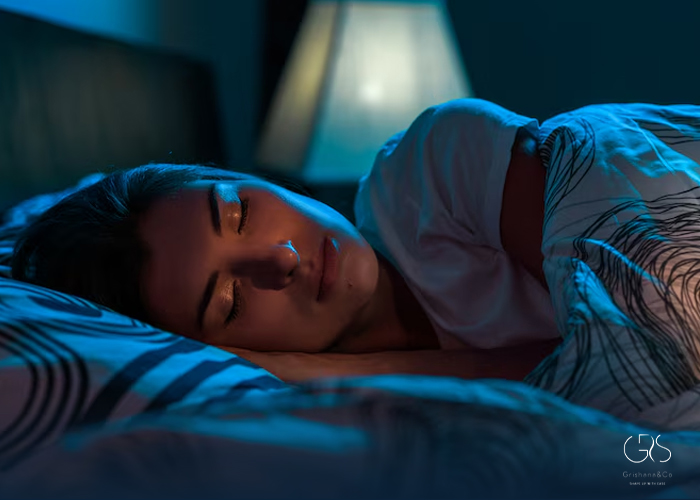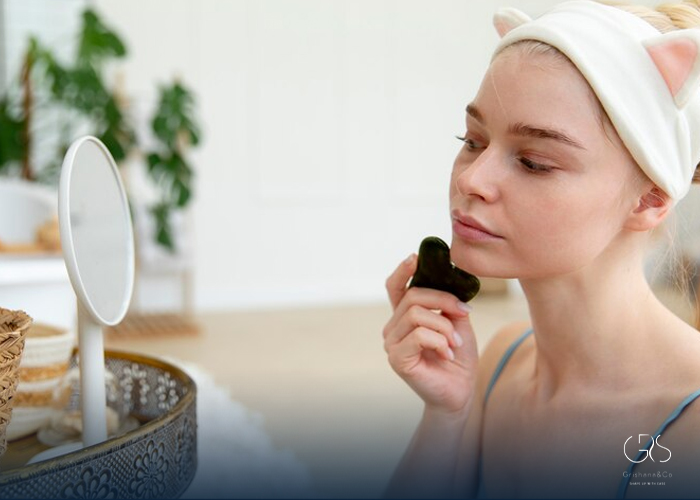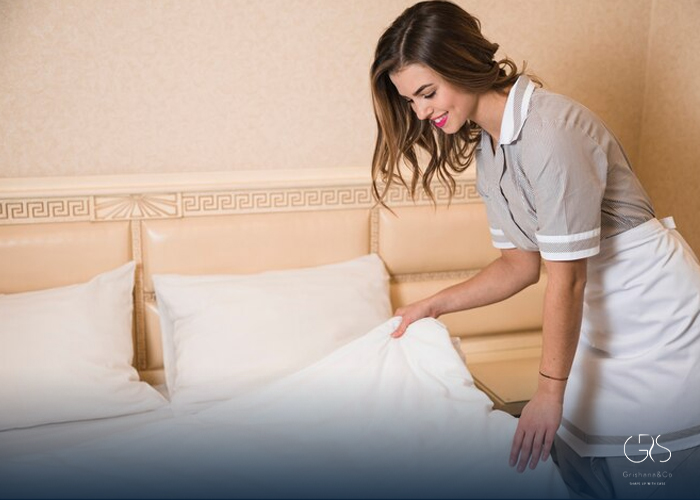Showering is an essential part of our daily routine that helps maintain good hygiene and promotes a healthy lifestyle. However, there is often confusion around the ideal time to take a shower – is it better to take a morning shower to kickstart your day, or an evening shower to relax and unwind after a long day? This article will explore the different benefits of showering in the morning and at night and why it’s better to choose one over the other based on your individual needs.
Showering in the Morning Can Be Beneficial
Many people prefer a morning shower because it helps them start the day feeling fresh and energized. Here are a few reasons why showering in the morning can be beneficial:
- Increased Alertness and Productivity: Morning showers are known to bring an increase in focus and alertness, allowing one to perform better at work or other daily activities.
- Removes Sweat and Bacteria: Taking a shower in the morning means that you start your day with a clean slate and removes any bacteria, sweat and body odor that may have accumulated from the night before.
- Improved Hygiene: Starting the day with a shower not only cleanses your body, but it also improves overall hygiene by washing off any dirt or allergens that may have settled on your skin overnight.
But There Are Reasons to Shower at Night, Too
On the other hand, there are also several reasons why an evening shower may be preferred. Here are a few of them:
Relaxation and Improved Sleep: Showering before bed is a great way to help you relax and unwind after a long day. The warm water can help relieve muscular tension, reduce stress levels, and promote a better night’s sleep.
(To learn about Sleep quality, please refer to this article)

Improved Skincare: Showering at night also provides an opportunity to take better care of your skin with more time available to cleanse and moisturize properly.

Keeps the Bedding Clean: By showering at night, you ensure that you are going to bed clean and washing off any germs or allergens that may have accumulated on your skin throughout the day, which can prevent clogging of pores and other skin issues.

Your Ideal Shower Schedule May Depend on Your Lifestyle and Needs
While both morning and evening showers have their benefits, it’s vital to choose which suits your lifestyle and needs. If you’re someone with a busy schedule in the morning and workout later in the day, an evening shower may work best for you to wash off sweat and bacteria.
On the other hand, if you have allergies, it may be worth considering showering at night to prevent allergens from building up on your skin overnight. Similarly, if you work in a job that exposes you to pollutants, taking a shower after work may be the best option for your hygiene.
It’s All About Striking a Balance
One thing that experts agree on is that over-showering can have adverse effects on one’s skin. Overuse of water, soaps, and shampoos can result in dryness and irritation, leading to other skin conditions over time. Therefore, it’s essential to strike a balance between frequent and proper hygiene habits.
Conclusion:
The ideal time to shower depends on individual preferences and needs. Showering in the morning can help to wake you up, increase alertness, and kickstart your day with improved hygiene. On the other hand, showering at night can promote relaxation, improve sleep, and ensure you go to bed clean. Factors such as busy schedules, exercise routines, allergies, and work environments should be considered when deciding on a shower schedule. It is important to strike a balance and not over-shower, as excessive use of water, soaps, and shampoos can lead to skin dryness and irritation. Ultimately, finding the shower routine that works best for you and incorporating it into your daily habits is key.
Sources
- Cleveland Clinic, Evening vs. Morning Shower: Which Is Better?
- Healthline, How Often Should You Shower?
- Insider, What time you shower at night could affect your quality of sleep









